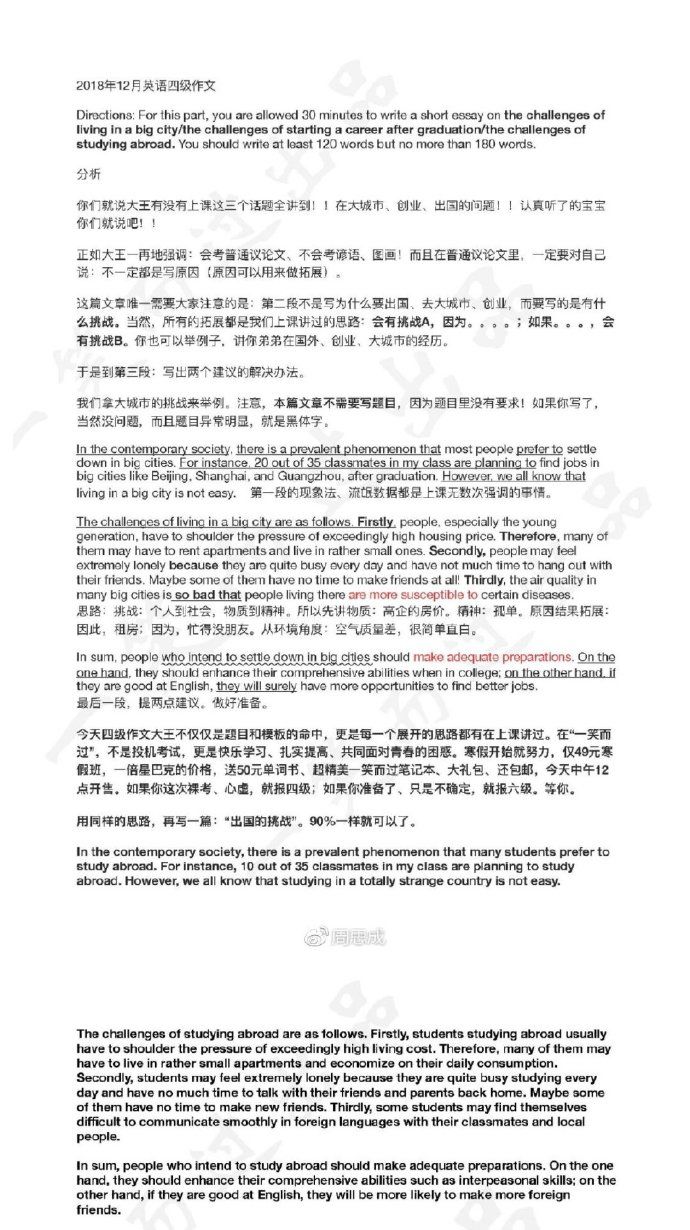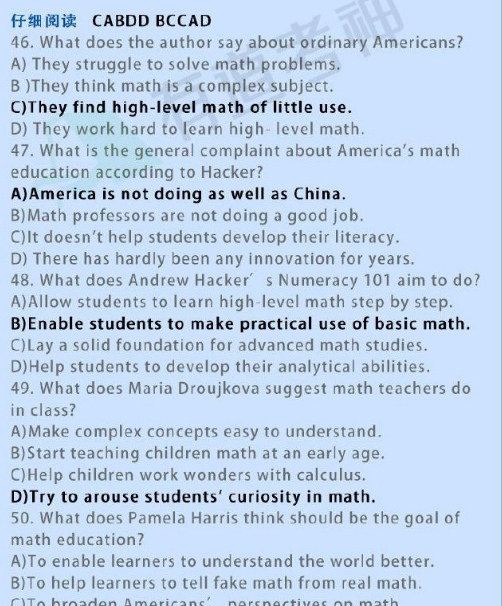Fishing for answers about 'organic' fish
|
This is the VOA Special English Agriculture Report. In the United States, the term "organic" has a legal meaning set by the Department of Agriculture. The department has an official label to mark products that have met the requirements of its National Organic Program. Organic products usually cost more, but their sales are growing. As a result, so is competition to label more products organic because many people believe they are healthier. Now Agriculture Department officials are trying to decide whether fish can be called organic. There are rules for organic produce, organic dairy products, organic meat and chicken -- but nothing about fish. Many operators of fish farms believe they could sell more fish if they could label them organic. The industry that sells wild-caught fish is already under pressure from farm-raised seafood. That pressure could increase if the Agriculture Department approves proposed requirements for labeling fish organic. Earning the organic label requires controlled conditions. The question is whether fish that swim wild and free -- like Alaskan salmon -- could meet the proposed requirements. Yet fish farms might not all be able to meet them either. Some operations are criticized for their treatment of fish and the risk of pollution to waterways. Fish farmers and the wild-caught industry also argue about the possible presence of harmful chemicals in each other's products. In 2000, an advisory committee considered requests by fish farmers to call their products organic. The experts said farm-raised fish should be labeled organic only if they were fed almost completely organic plant food. Farmed fish often have little or no fish in their diet. But those proposed guidelines were not used. In two thousand five, the Agriculture Department formed another group to examine possible requirements. This time, the committee suggested several kinds of food that farmed fish could eat and still be called organic. A decision about whether fish can be sold with the organic label may still take two years or more. For now, the American fishing industry has to deal with growing competition from imported seafood. Some foreign companies already call their fish "organic" because, they say, it meets the requirements of their own countries. And that's the VOA Special English Agriculture Report, written by Jerilyn Watson. You can read and listen to our reports online at www.unsv.com. I'm Bob Doughty. |








